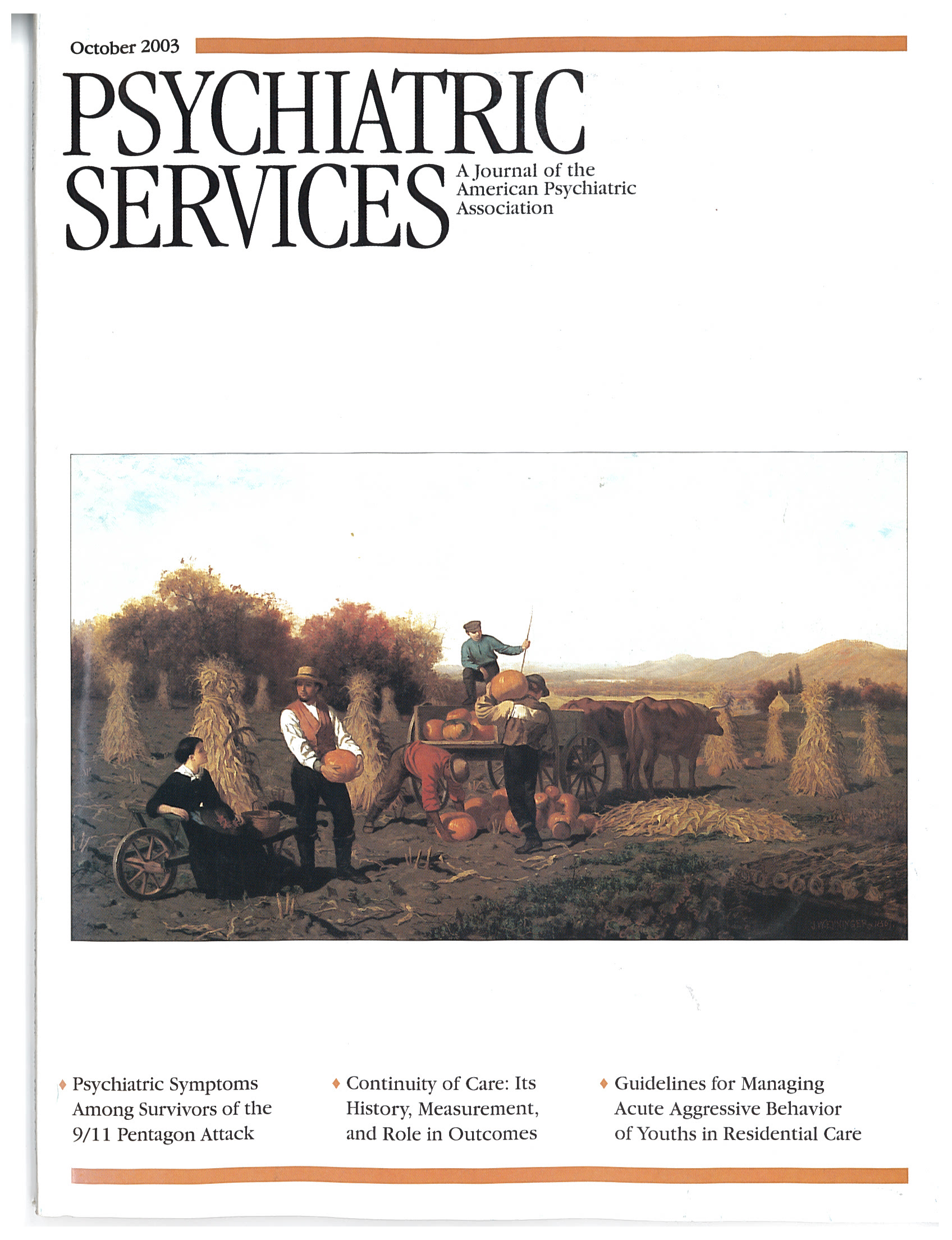Awareness and Perceptions of a Communitywide Mental Health Program in New York City After September 11
Abstract
The Project Liberty program was established after the terrorist attacks of September 11, 2001, to offer free mental health services to New York City residents. The authors used data from a random-digit-dial telephone survey to assess public awareness of and willingness to make use of Project Liberty's services. They found that 24 percent of the New York City residents surveyed (480 of 2,001 respondents) had heard of Project Liberty four months after September 11. Persons with lower socioeconomic status and those who had psychological symptoms consistent with posttraumatic stress disorder were more likely to say that they would contact Project Liberty. The results of the study suggest that although awareness of this public mental health services was low, Project Liberty was well received among the people who may be most likely to need its services.



